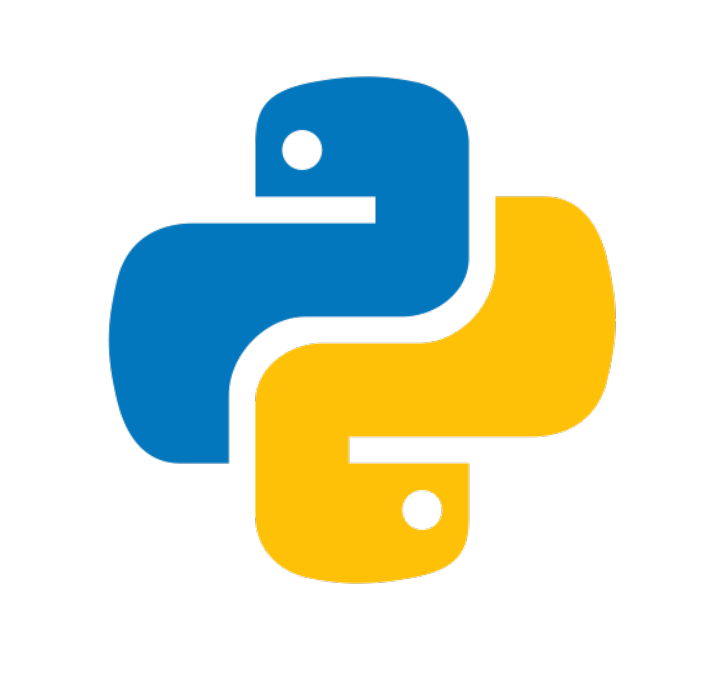
1. Scope in Python
In Python, the scope of a variable refers to the region of the program where the variable can be referenced and modified. There are four main types of scopes in Python.
1-1. Local
Local scope refers to variables defined within a function. They are only accessible within that function.
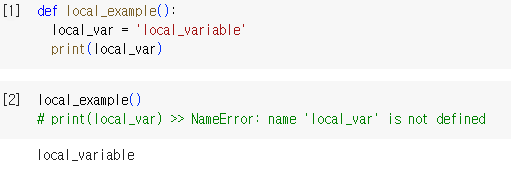
1-2. Enclpsing
Enclosing scope refers to the scope of an outer function when referencing a variable from an inner function.
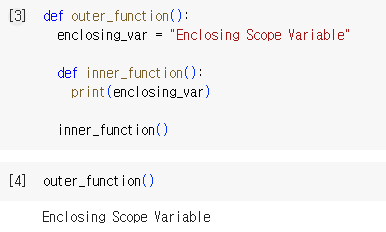
1-3. Global
Global scope refers to variables defined at the top level of a script, which makes them accessible throughout the entire script file.
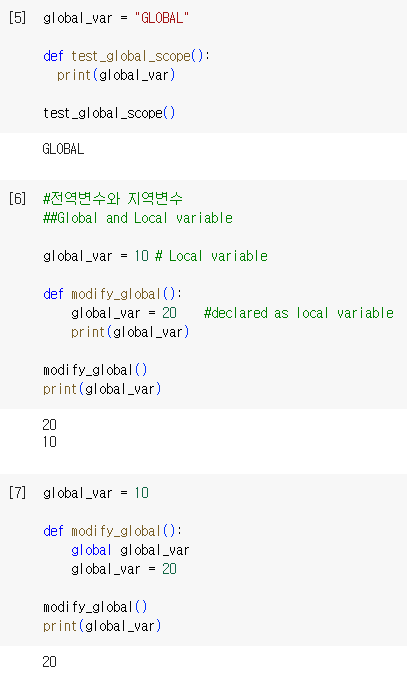
1-4. Built-in
Built-in scope refers to the scope of Python's built-in functions and modules. Examples include print() and len().
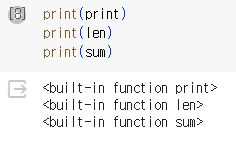
2. Python Variable Scope
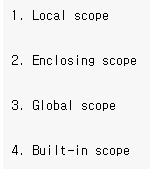
Understanding and managing variable scope is crucial for code readability, maintainability, and preventing unexpected errors.
Local Scope
- User can have multiple variables with the same name in different functions.
- Local variables cannot be accessed or modified from outside the function.
- The nonlocal keyword can be used to reference and modify variables in the enclosing scope.
Enclosing Scope
- Inner functions can directly reference variables from outer functions.
- The nonlocal keyword can be used to reference and modify variables in the enclosing scope.
Global Scope
- Useful when you need to use the same variable in multiple functions.
- Excessive use can reduce code readability.
- Consider using modules and packages for efficient variable management.
Built-in Scope
- Provides access to functions and modules provided by the Python interpreter.
- Built-in functions cannot be modified or redefined.
'Python(Eng. ver)' 카테고리의 다른 글
| 15. Object-oriented programming and Class (0) | 2024.03.18 |
|---|---|
| 14. Callbacks and Lambdas in Python (0) | 2024.03.18 |
| 12. User-Defined Function (0) | 2024.03.15 |
| 11. Collections and Loops (1) | 2024.03.15 |
| 10. Loop Statement in Python (1) | 2024.03.14 |



